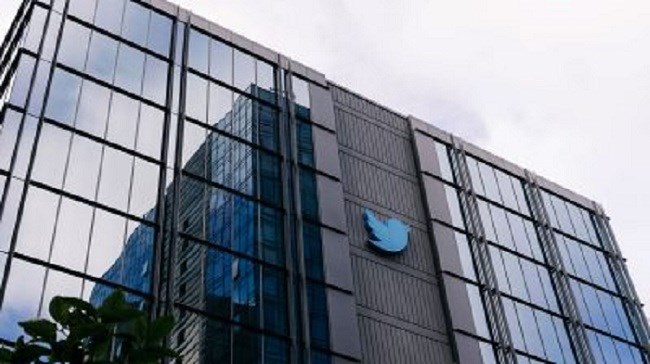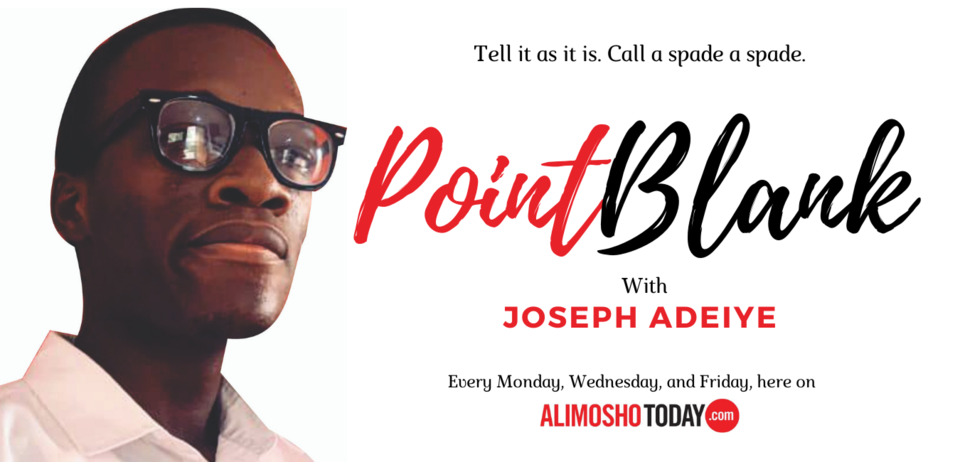IN 2019, and right before the COVID-19 pandemic, the Chief Executive Officer of Twitter toured Nigeria and a couple of other African countries. Most people were aware of the presence of Jack Dorsey after he made a tweet captioning a picture in which he posed with the staff of a Lagos based fintech company. It did not take long for us to deduce that Jack was considering Nigeria as a strategic point from which Twitter would establish a more pronounced presence in Africa. Nigeria, by its obvious economic prospects and sheer human capital size, seemed to be a favourite to become Twitter’s base on the African continent. But 2020 came, and with it the #EndSARS protests. The protests exposed so much about the country’s lackadaisical attitude towards police brutality and abuse of power to the rest of the world as the government remained adamant in their beliefs that the protest was a politically motivated movement against the president. In April 2021, Twitter chose Ghana over Nigeria as the company’s base in Africa. As Nigerians lamented the missed opportunity for the country to be home to a leading social media company, Nigeria’s Minister of Information blamed the #EndSARS movement and Nigerian journalists for Twitter’s decision to pick Ghana instead of Nigeria.
 Photo credit: RegTech Africa
Photo credit: RegTech Africa
The Minister of Information, Lai Mohammed, accused journalists and last year’s protesters of putting the nation in a bad light so that Twitter had no choice but to pick Ghana as its headquarters in Africa. Twitter announced that its choice of Ghana being a new base was largely because the country proved to be a champion of democracy known for its “support for free speech and online freedoms". Of course, Ghana’s position as the location of the new Secretariat of the African Continental Free Trade Area (AfCFTA) was an important factor in the decision of Twitter. The fact that Twitter highlights Ghana’s position on “free speech and internet freedoms” shows that the company frowned at the Nigerian government’s push for a dodgy social media bill and a vaguely defined hate speech bill, its complicit behaviour in the face of social injustice, and the systematic oppression of the voices of their own people. Twitter has simply revealed a distrust in the Nigerian government for their failure to provide a secure and conducive environment for new ideas to thrive. Nigeria has become the sort of country where a young tech entrepreneur is at risk of being randomly abducted by law enforcement agents and falsely accused of being an internet fraudster despite the absence of any reasonable piece of evidence. To be fair to Twitter, no social platform and tech giant will wish to have such an unhealthy community as home to its continental base.
Lai Mohammed would rather act out a displeased demeanour and blame Nigerians for a situation born out of the many failures of the government he works with than quietly take responsibility for the mismanagement of the socioeconomic tempers of the country under his watch. It is easier for Alhaji Lai to proclaim that “This is what you get when you de-market your country.” In our honourable minister’s opinion, the media exaggerates the challenges of Nigeria and protesters make Nigeria less attractive to foreign investors. On the one hand, Nigerians cried out against social injustice perpetrated by the police and confronted the complicity of the Nigerian government. On the other hand, the Nigerian government —well represented by the minister of information— has decided to believe that some Nigerians conspired to vilify the government of Nigeria and Nigeria itself. So, our honesty is being questioned here. Lai Mohammed, and the government of Muhammadu Buhari, believes that the reports of police brutality were hyperbolic and it was unnecessary for us to demand better service from our police and from our government.
The quality of Alhaji Lai Mohammed’s comments on Nigerians de-marketing Nigeria is built on his expectations of Nigerians to be moderate and “fair” when they criticize failing institutions in Nigeria. How can this honourable minister ask us to hush down conversations about police officers accosting innocent men and women only to extort and punish them? How is the criticism of the use of torture in the Nigeria Police FORCE not moderate criticism? How else can we report cases of trigger happy police officers “accidentally” killing civilians who refuse to bend to their crooked will? And how are we being unfair whenever we try to hold our government accountable for their counterproductive actions and inactions?


.png;w=120;h=80;mode=crop)
